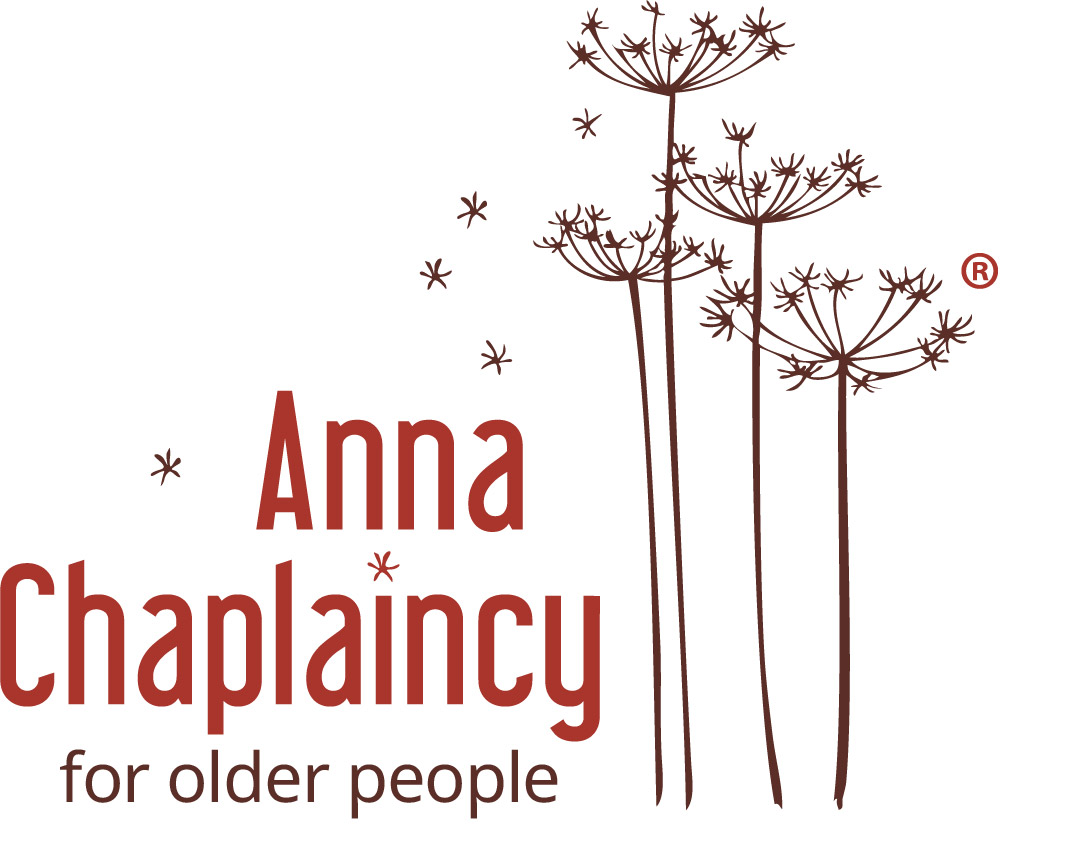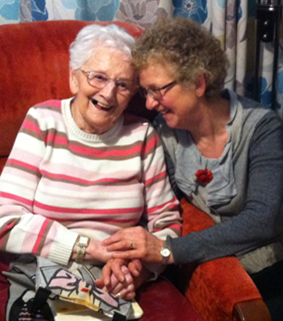Anna Chaplaincy is a program that combines faith and support specifically for elderly people, especially those in care homes. It began in the UK in 2015, named after Anna, a biblical figure who recognised Jesus. This initiative focuses on the spiritual and emotional needs of older adults, acknowledging that chaplains play an important role by providing companionship, prayer, and support. The church helps in this ministry by linking faith to the practical needs of older individuals.


A major focus of Anna Chaplaincy is addressing loneliness and isolation, common issues faced by many elderly people who often feel disconnected after losing loved ones. Anna Chaplains work to reduce this loneliness by visiting and interacting with care home residents. The COVID-19 pandemic highlighted the importance of this program, as lockdowns restricted access to care homes. To maintain connection, the church used technology for virtual gatherings and prayers, showing how faith communities can adapt in times of crisis.

Chaplaincy to Older People began in Alton, Hampshire, in 2010. There are now dozens of Anna Chaplains working across the country – spreading in recent years to other parts of Hampshire, the south coast, Kent, West and East Sussex, the Midlands and Northumbria.
The first Anna Chaplain, former broadcaster and Licensed Lay Minister Debbie Thrower, works for BRF as the founder and pioneer of this work, while remaining a part-time Anna Chaplain in Alton. The program has a substantial impact on communities by fostering both spiritual growth and emotional resilience, helping elderly individuals cope with grief and anxiety. Regular engagement often leads to improved well-being, transforming previously withdrawn residents into more active participants.
The church is essential for establishing and supporting chaplaincy teams, offering necessary training and resources, while also providing a sense of belonging to older adults. However, challenges such as funding and the need for ongoing training exist. Some people question the need for spiritual care, but research shows that emotional and spiritual well-being is crucial for older adult health.
Future possibilities for Anna Chaplaincy are promising as communities recognize the importance of holistic care. With the aging population, there will likely be more demand for such programs. Churches may develop new ways to serve older adults, potentially through partnerships with community organizations and the use of technology. Intergenerational programs could also help bridge connections between young and old, fostering supportive communities.
Anna Chaplaincy is vital in providing support to the elderly, helping alleviate loneliness and promoting spiritual well-being. As society evolves, it is crucial for faith communities to adapt and continue meeting the needs of older adults, ensuring they feel valued and cared for.
Book for the Deanery Briefing on Wednesday 17 September here: Deanery Briefing: Anna Chaplaincy: Ageing Well
